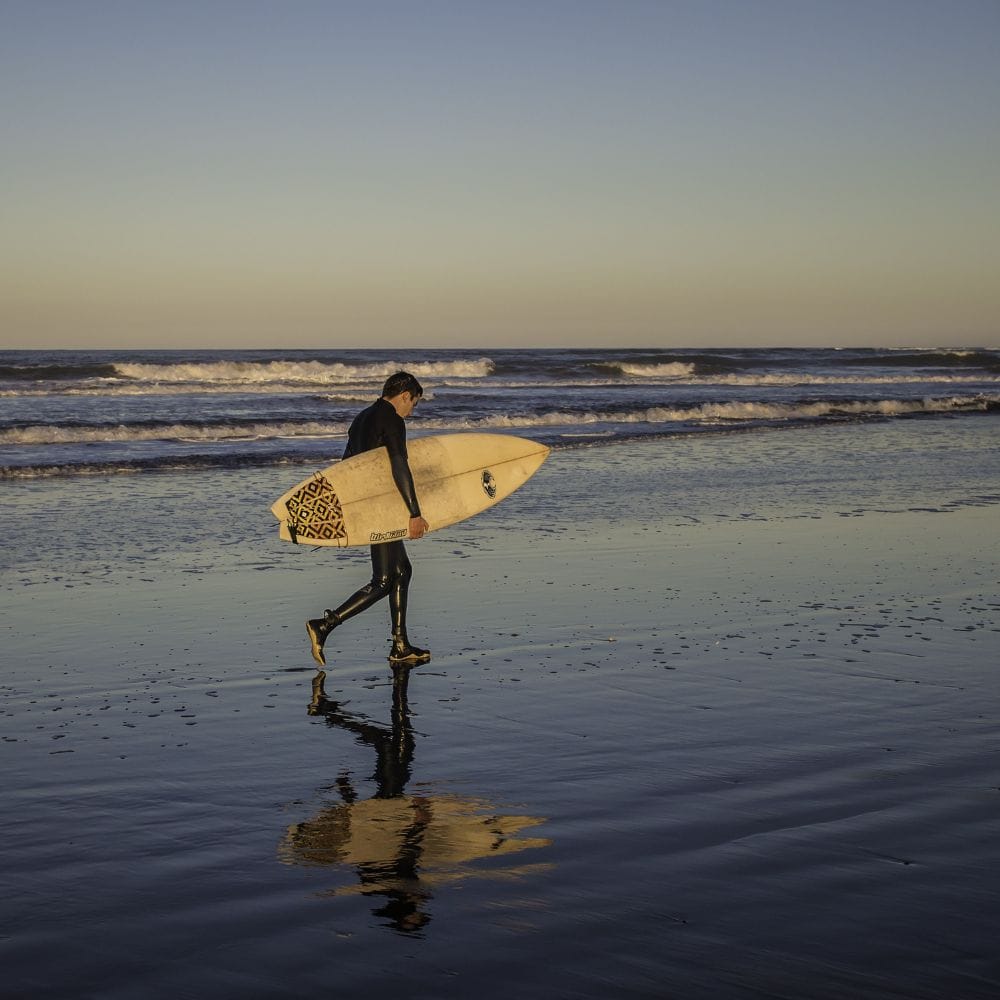The question we hear more than any other as local tour operators is, “Is Costa Rica safe?” As a family-owned business that has welcomed travelers to Manuel Antonio for over 15 years, we want to provide you with the most comprehensive and honest safety guide available—one that balances hard facts with real-world experience.
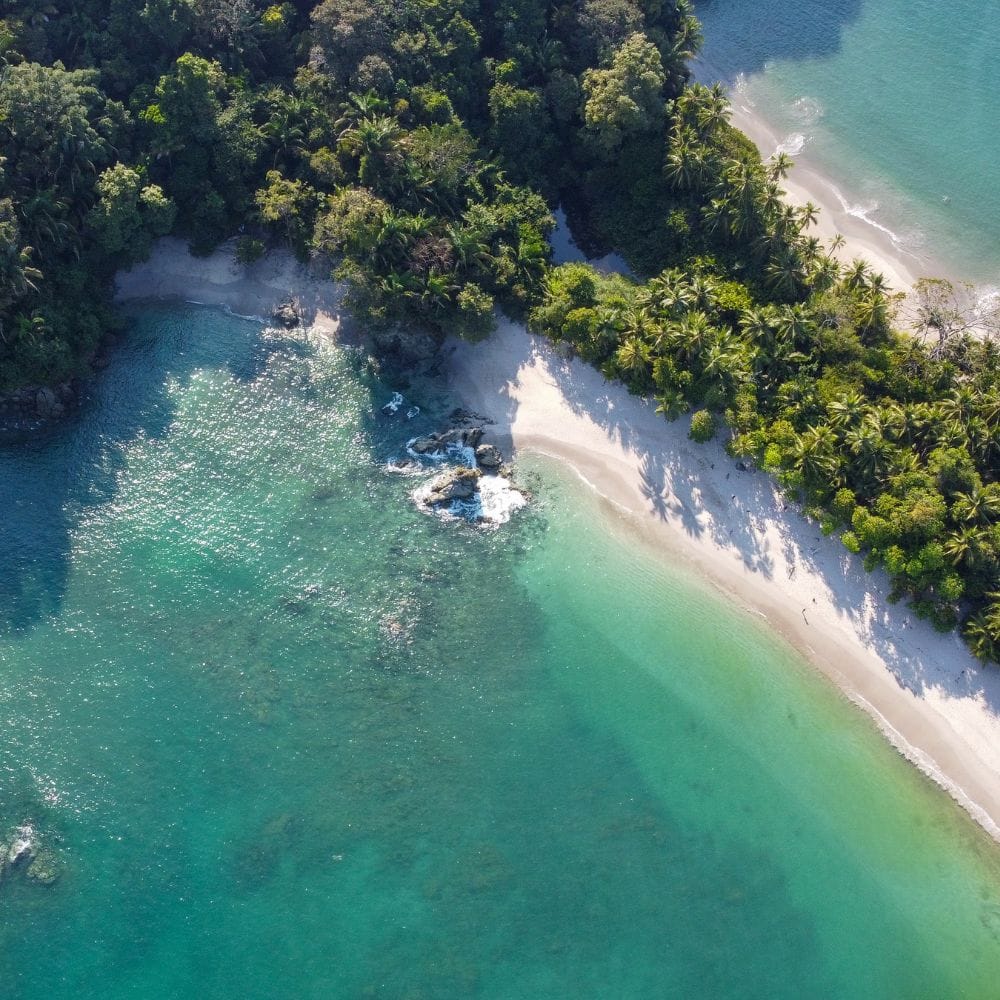
While Costa Rica remains one of the safest destinations in Latin America, we understand that you deserve more than just reassurance. In this detailed guide, we’ll walk you through everything from crime statistics to regional differences, all while sharing the local insights we’ve gained from years of operating tours in this beautiful country.
Understanding Costa Rica’s Safety Landscape
When examining safety in Costa Rica, it’s important to look beyond sensational headlines and focus on verifiable data. The country maintains a well-earned reputation as one of the most stable and peaceful nations in Central America, having abolished its military in 1948 to focus on education and environmental protection.
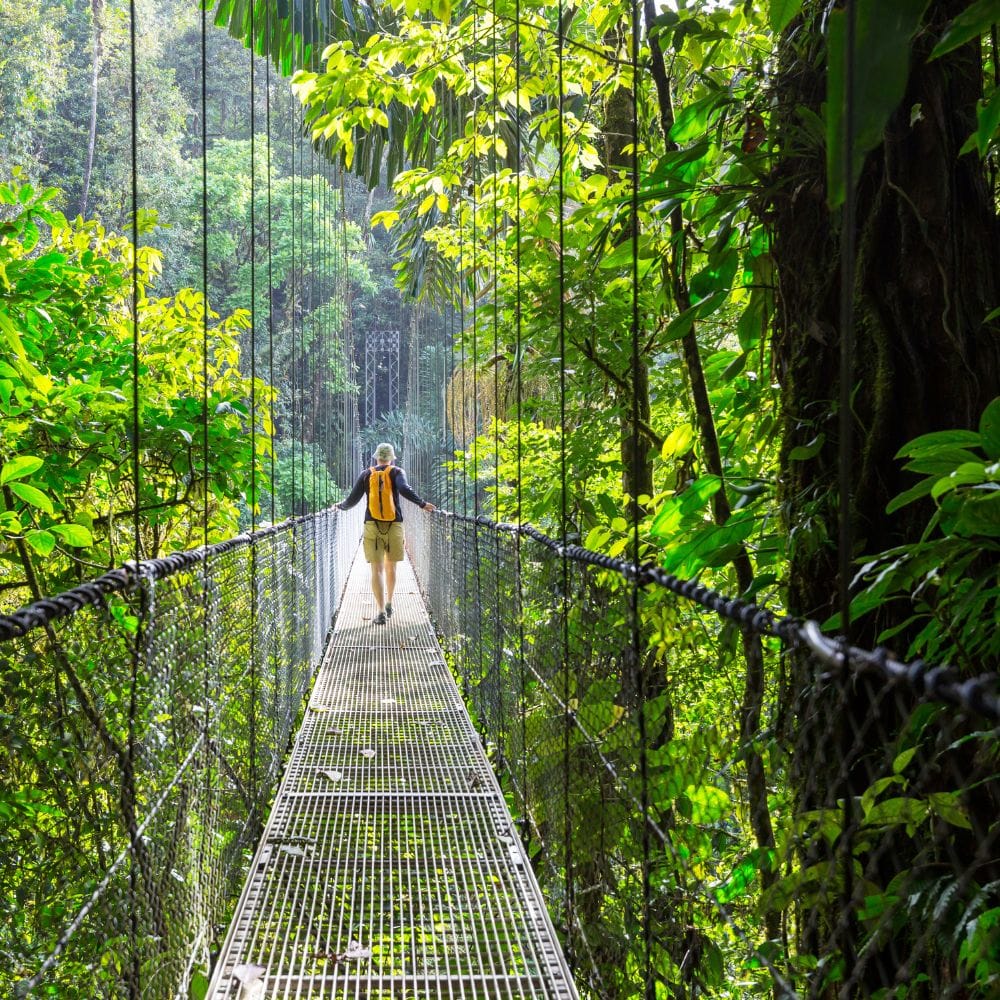
So, finally… Is Costa Rica safe?
Like any popular tourist destination, Costa Rica does face certain security challenges that visitors should understand:
- Violent crime rates remain significantly lower than in most U.S. cities, with homicide rates less than one-third of the U.S. national average according to 2023 data. The peaceful atmosphere in tourist areas like Manuel Antonio is immediately noticeable to visitors.
- Petty theft represents the most common safety issue facing tourists, particularly in crowded areas or on public transportation. These are crimes of opportunity rather than violence, easily prevented with basic precautions we’ll outline later.
- Road safety in Costa Rica actually poses a greater risk than crime for many visitors. Costa Rica’s winding mountain roads and occasional poor signage require extra caution, especially during rainy season.
Crime Statistics: How Costa Rica Compares
Let’s examine the numbers that tell the real story of safety in Costa Rica:
Homicide Rates (2023 Data):
- Costa Rica: 17.3 per 100,000
- United States: 55 per 100,000 (FBI Uniform Crime Report)
- Manuel Antonio Area: <5 per 100,000 (local police data)
These statistics reveal an important truth – your risk of experiencing violent crime in popular tourist areas like Manuel Antonio is actually lower than in most American cities. The peaceful atmosphere here is immediately noticeable to visitors, with locals and expats alike enjoying a quality of life that prioritizes community and connection with nature.
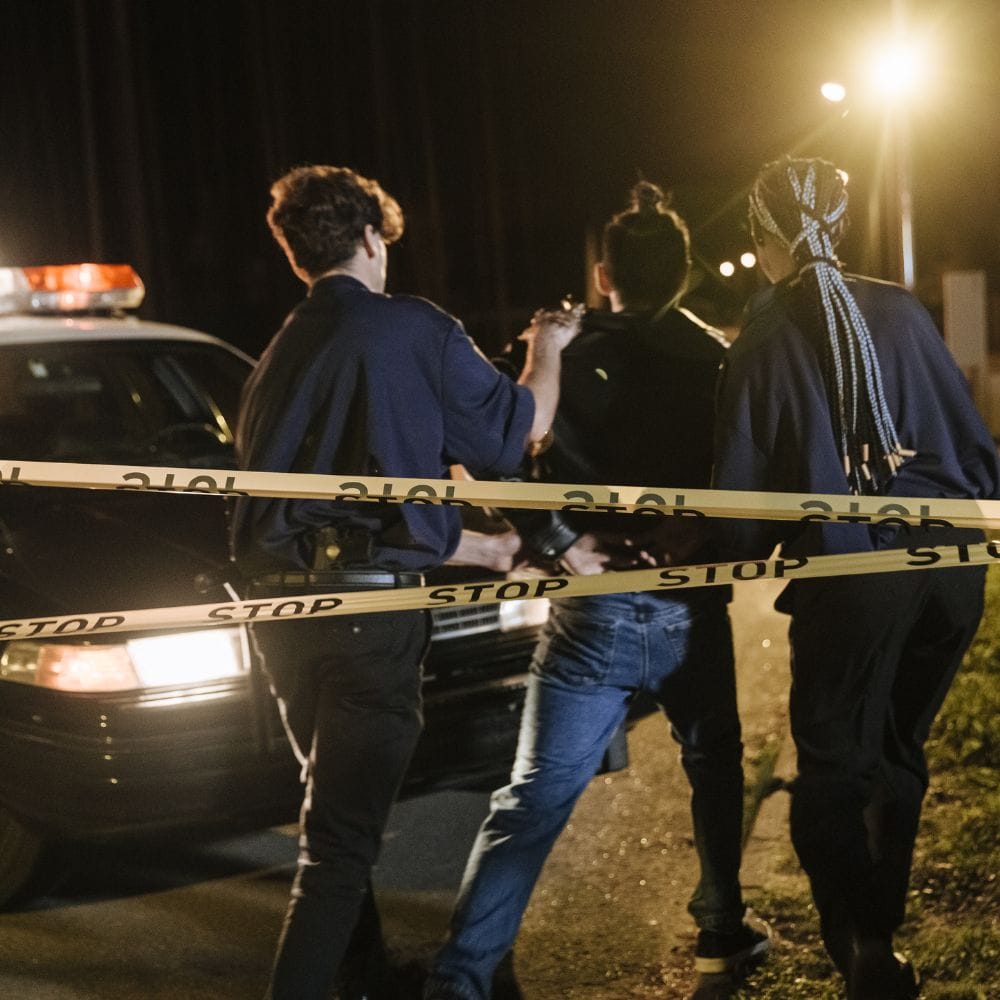
Property Crime Comparisons:
While theft does occur, particularly in crowded tourist areas, the vast majority of incidents involve unattended belongings rather than confrontational robberies. By taking simple precautions like using hotel safes and avoiding flashing valuables, visitors can virtually eliminate their risk.
Addressing Recent Safety Concerns
Recent headlines have caused unnecessary alarm about safety in Costa Rica. Let’s examine these concerns with proper context:
The Gardner Family Tragedy: A Closer Look at the Investigation
Miller Gardner, a 14-year-old, unexpectedly passed away while on vacation at the luxurious Arenas Del Mar Resort, causing shockwaves in both the international community and our close-knit Manuel Antonio area. As locals who’ve worked in tourism here for decades, we understand how deeply such a tragedy affects travelers’ perceptions—but context matters.
Initial reports suggesting asphyxiation from food poisoning left more questions than answers. The Gardner family had dined at an off-site restaurant before returning to their resort ill, where hotel medical staff provided care. By morning, young Miller had tragically passed in his sleep. The OIJ’s autopsy later ruled out choking, deepening the mystery.
Now, investigators focus on two possibilities:
- Severe foodborne illness from toxins (like ciguatera in fish or improper food handling).
- Adverse reaction to medication given by resort staff to alleviate symptoms.
Why This Isn’t a Reflection on Costa Rica’s Safety
This was a medical anomaly, not a crime. As parents ourselves, we grieve for the Gardners—but statistically, such incidents are rarer here than fatal food poisoning in the U.S. (which causes 3,000 deaths yearly, per the CDC). Costa Rica’s clinics are WHO-certified, and resorts like Arenas Del Mar adhere to strict protocols.
The takeaway? Tragedies happen everywhere. What defines a destination is how it responds—and here, both authorities and businesses acted swiftly and transparently.
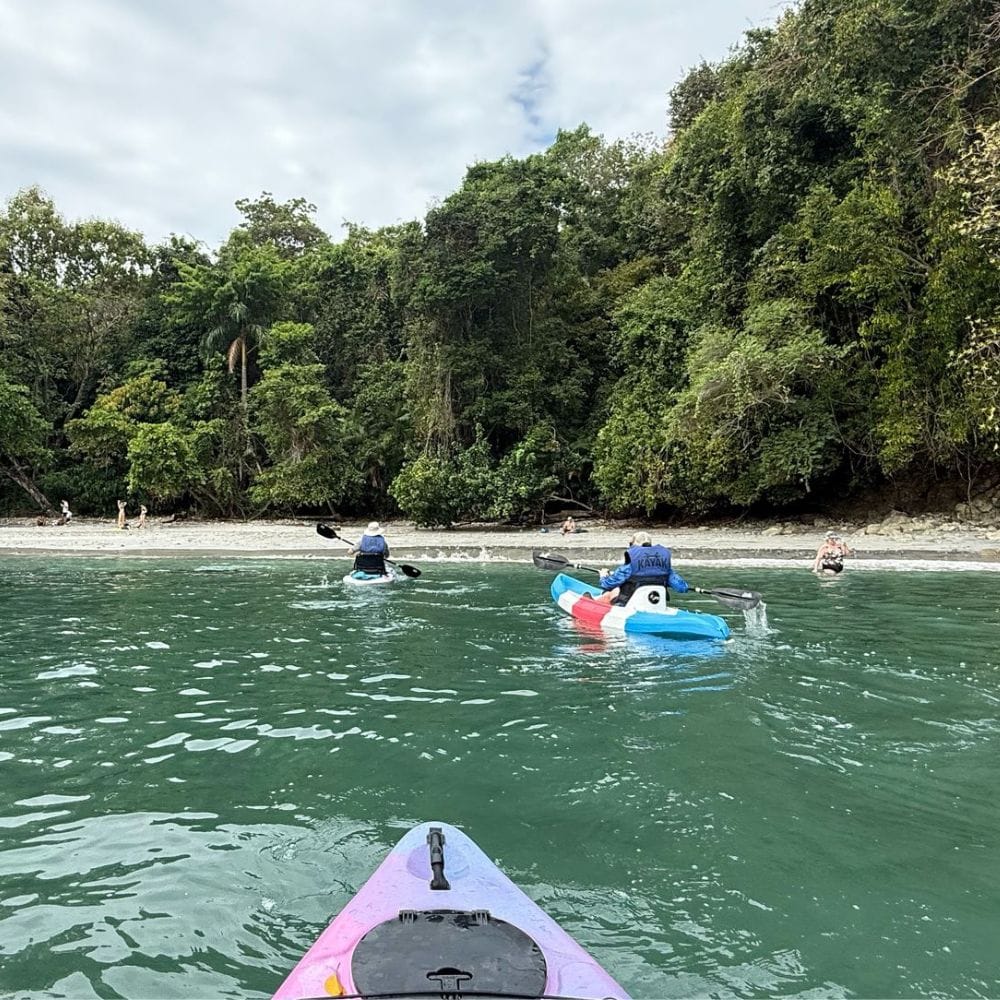
Drug Violence Reports
While drug trafficking has increased near northern borders, these activities:
- Occur almost entirely in regions far from tourist destinations
- Involve circumstances completely removed from the vacation experience
- Have prompted increased security measures in popular areas
Tourist Scams
The most common issues we advise guests about include:
- Fake tour operators— Always verify licenses and read recent reviews
- Taxi overcharging—Use official red taxis or ride-sharing apps
- Beach theft—Never leave belongings unattended, even for a quick swim
- Beach-related crimes: Do not go to the beach at night.
Regional Safety Breakdown
Safety conditions vary across Costa Rica’s diverse regions. Here’s what you should know:
Safest Areas (Highly Recommended):
- Manuel Antonio— Our home base boasts the country’s lowest crime rates, dedicated tourist police, and a tight-knit community that looks out for visitors.
- Arenal/La Fortuna—This adventure hub maintains excellent infrastructure and family-friendly environments.
- Nicoya Peninsula—Blue Zone communities here foster exceptionally safe, welcoming environments.
Areas Requiring More Caution:
- San José (certain districts)—While generally safe, some downtown areas warrant extra vigilance at night.
- Limón Province—Higher poverty rates lead to more property crime in some areas.

10 Essential Safety Tips from Locals
After 15 years of hosting visitors, we’ve developed these key recommendations :
- Use hotel safes religiously—this simple step prevents the vast majority of theft issues.
- Carry only daily spending cash. Leave passports and extra money secured at your accommodation.
- Never resist if robbed—while extremely rare, compliance is always safest.
- Learn basic Spanish phrases—even simple greetings build connections with locals.
- Only swim at guarded beaches—rip currents pose greater danger than crime in coastal areas.
- Verify all tour operators’ licenses—legitimate companies proudly display credentials.
- Download offline maps— Cell service can be spotty in remote natural areas.
- Avoid isolated ATMs at night—use machines inside banks or shopping centers.
- Purchase travel insurance—covers everything from medical care to stolen cameras.
- Trust your instincts—that unease you feel is nature’s warning system.
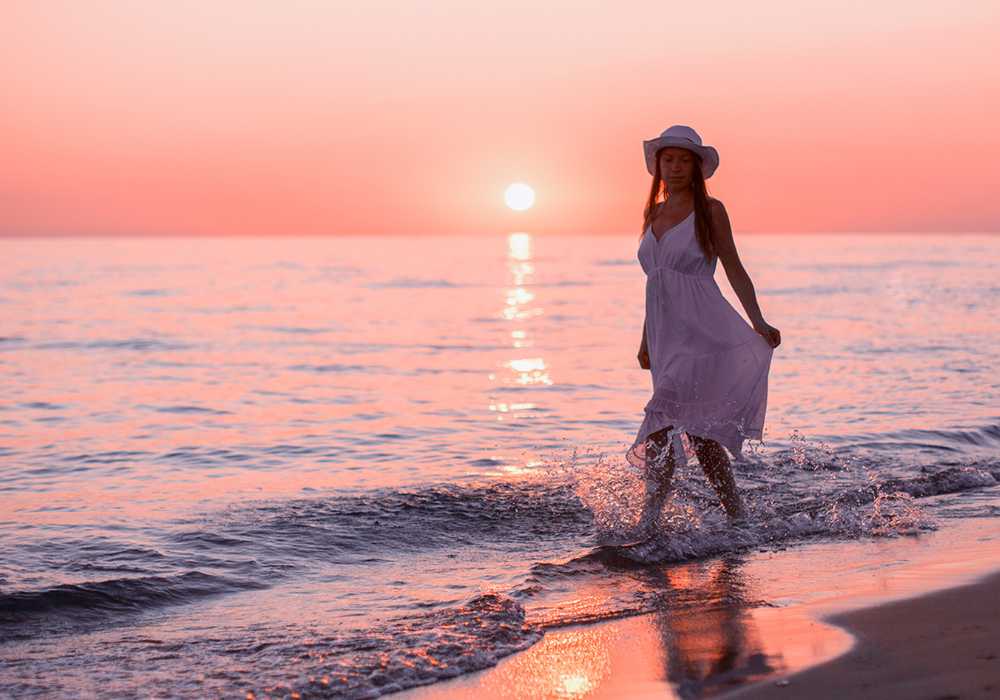
Why Tourism Numbers Are Changing
The current dip in visitors stems from factors unrelated to safety:
- Global Economic Factors— A strong Costa Rican colón makes the country relatively more expensive, while U.S. recession fears reduce travel budgets.
- Misleading Media Coverage—Isolated incidents get exaggerated, creating false perceptions.
- Regional Competition—Neighboring countries now offer cheaper alternatives.
Paradoxically, this makes 2025 an ideal time to visit, with fewer crowds meaning better wildlife viewing and more personalized service.
Our Safety Commitment to You
At Epic Adventures, we go beyond standard precautions:
- All guides receive annual safety training exceeding industry standards
- Private transportation eliminates risks of public transit
- Medical kits and emergency plans accompany every tour
- 24/7 local support ensures help is always available
We maintain a perfect safety record because we treat every guest as family.
The Final Verdict
Costa Rica offers one of the world’s safest tropical travel experiences when basic precautions are taken. The pura vida lifestyle naturally fosters welcoming, secure environments where visitors can explore with confidence.
Ready to experience the real Costa Rica? Contact us today to plan your safe, unforgettable adventure!
🌿 Your friends at Epic Adventures
📞 +506-2777-EPIC
📧 info@epicadventurescr.com
🌎 www.epicadventurescr.com
Pura Vida!
